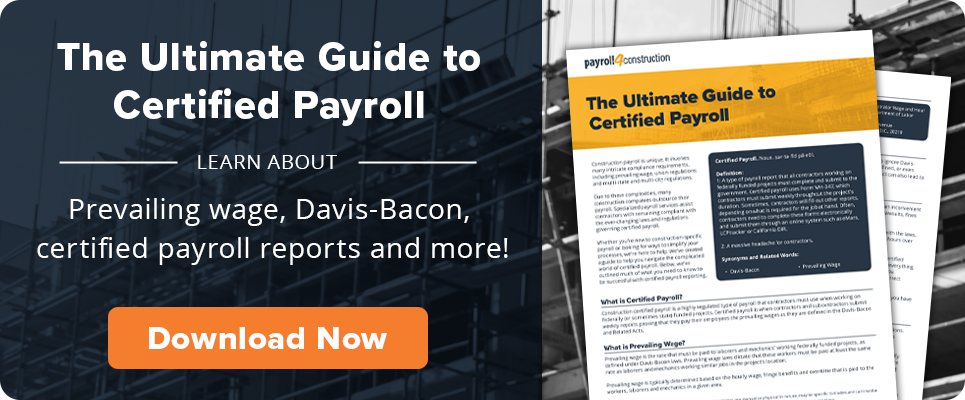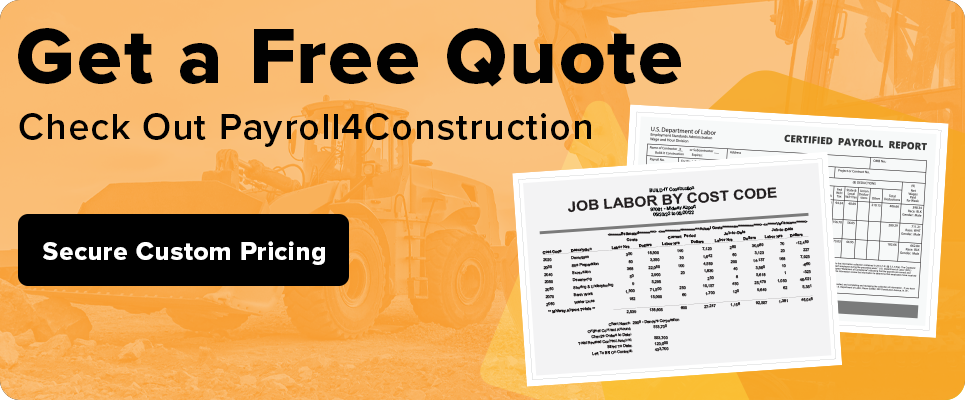
July 29, 2019
Ahead of other states, Minnesota enacted a new law substantially amending current labor statutes, including wage and hour requirements, protections, and sanctions, as of July 1, 2019. Provisions amending criminal wage theft and sanctions take effect August 1, 2019.
While the legislation has made headlines in the North Star State for being the first to elevate the criminal status of wage theft, Minnesota employers also face new routine requirements and consequences for noncompliance.
New Requirements for Employers
Employer guidance from the Minnesota Department of Labor and Industry (DLI) outlines several new requirements with which companies must now comply.
Included is a mandate that employers provide each starting employee with a written notice about certain terms of their individual employment. Employers must provide such notices in English and in any other language the employee requests to be signed by the employee. DLI identifies the required information as:
- Employment status and the basis of any exemptions from minimum wage, overtime, or other wage-and-hour laws
- Regularly scheduled paydays and the number of days in the pay period
- Date of the employee’s first wage payment
- The employee’s rate(s) and basis of pay (e.g., hour, week, piece, salary, commission)
- Allowances eligible to be claimed for meals and lodging
- Terms of paid time off (PTO) provision, accrual and use
- Deductions that may be made from the employee’s pay
- The employer’s legal and operating name (if different), principal place of business, mailing address (if different), and telephone number.
In addition to existing employer requirements for recordkeeping, Minnesota companies will also need to retain:
- An employee-signed copy of the notice mentioned above
- The number of pieces completed at each piece rate for employees paid by piece rate
- Personnel policies and the date they were provided to each employee
Minnesota employers have clearer guidance on their obligation to pay, on a regular payday, all earned salaries, earnings, and gratuities at least once every 31 days and all earned commissions at least once over three months.
Finally, the new law prohibits employers from retaliating against a complaint or an intention to file a complaint by an employee.
Consequences and Penalties for Employers
In general, the Minnesota law both increased penalty amounts and expanded enforcement authority. The commissioner may enter and inspect the premises and privately interview non-management employees, and in addition to owed and compensatory wages, the commissioner may require a penalty equal to the employee’s average daily wages for each day an employer fails to pay wages as ordered. Each subsequent violation may reach up to $5,000.
Employers in violation of Minnesota wage theft legislation can also face more than fines. The new law also revises the “responsible contractor” requirement for eligibility to bid on public contracts. Violations of Minn. Stat. §§ 181.03 (prohibited wage practices and retaliation), 181.101 (payment of wages), and 609.52, subd. 2 (19) (criminal wage theft) may now disqualify construction contractors from public works projects.
Further, wage theft now joins the criminal definition of theft under Minnesota law. Sanctions range from a maximum of 20 years’ imprisonment and $100,000 fine for stolen wages over $35,000 (aggregated within any six-month period) to a maximum one year and $3,000 for stolen wages under $1,000. Wage theft in the state may include:
- Failure to pay earnings at the employee’s rates or mandated rate, whichever is greater
- Causing an employee to overstate the amount of their payment
- Causing an employee to rebate or refund earned wages
- Attempting to give an appearance that wages paid were greater than actual
With stricter wage theft laws now on state books, it remains to be seen when and what other states will follow.
To see how control of multiple wage and fringe rates, along with strong historical reporting, can help keep you compliant in all states, learn about our construction payroll services.
Share Article
Keep on current news in the construction industry. Subscribe to free eNews!


